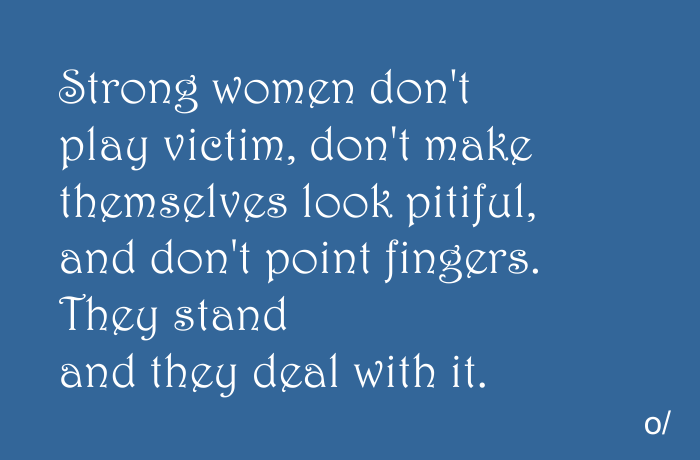
strong women


by Danusha Laméris
I’ve been thinking about the way, when you walk down a crowded aisle,
people pull in their legs to let you by. Or how strangers still say “bless you”
when someone sneezes, a leftover
from the Bubonic plague. “Don’t die,” we are saying.
And sometimes, when you spill lemons from your grocery bag, someone else will help you pick them up.
Mostly, we don’t want to harm each other.
We want to be handed our cup of coffee hot, and to say thank you to the person handing it. To smile at them and for them to smile back.
For the waitress to call us honey when she sets down the bowl of clam chowder, and for the driver in the red pick-up truck to let us pass.
We have so little of each other, now. So far from tribe and fire. Only these brief moments of exchange.
What if they are the true dwelling of the holy, these fleeting temples we make together when we say, “Here, have my seat,” “Go ahead — you first,” “I like your hat.”
First published 2019 in Healing the Divide: Poems of Kindness and Connection
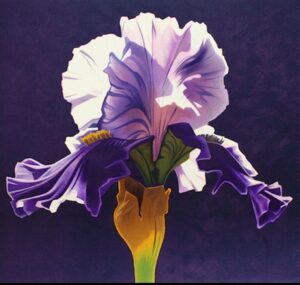
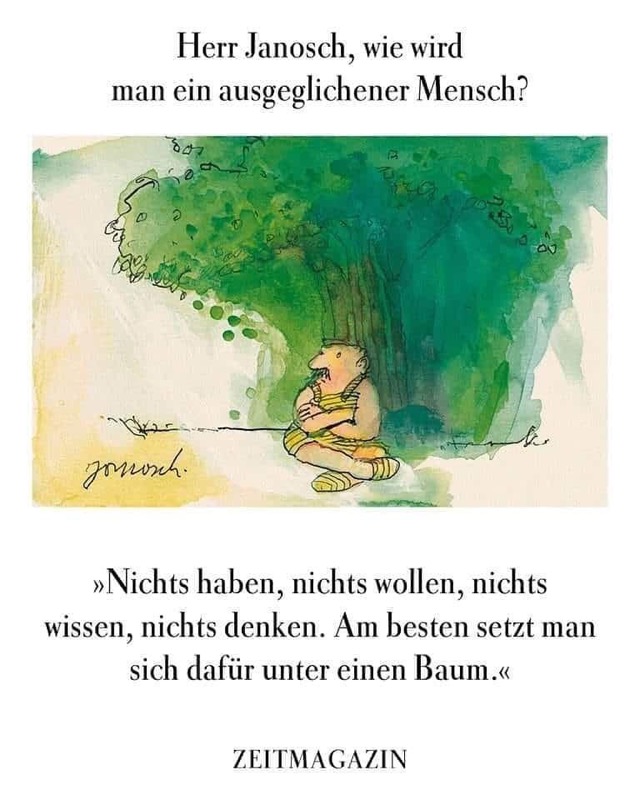
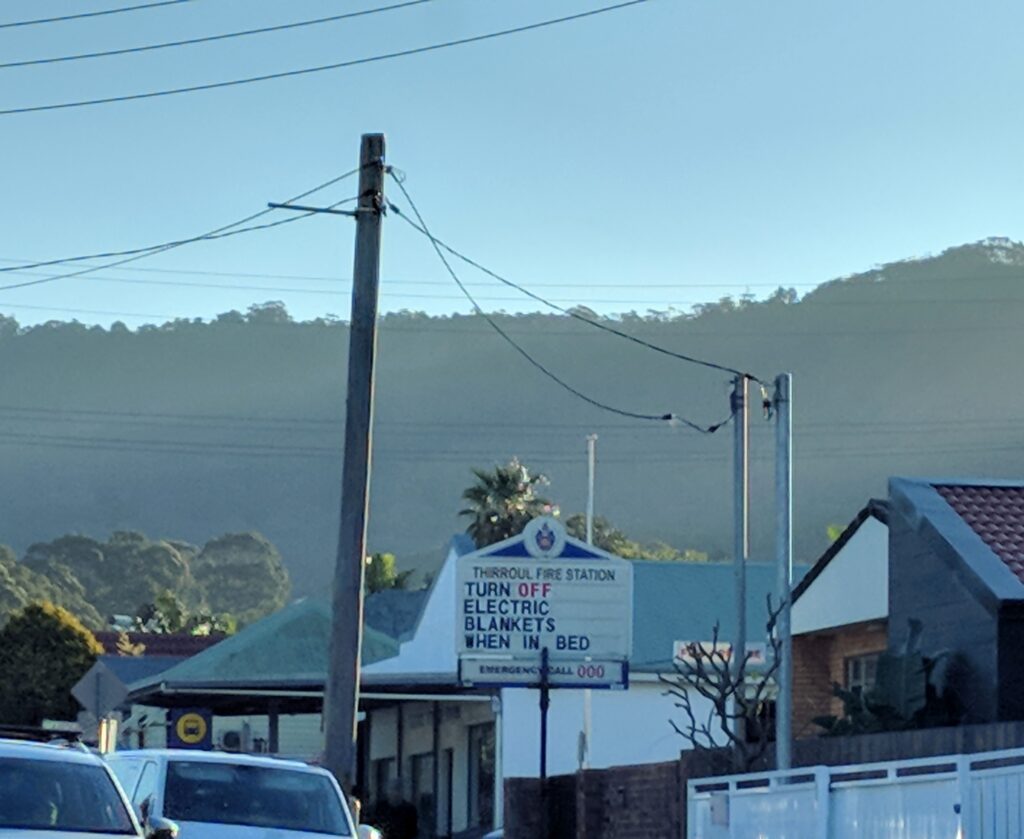
there’s not much else you could do
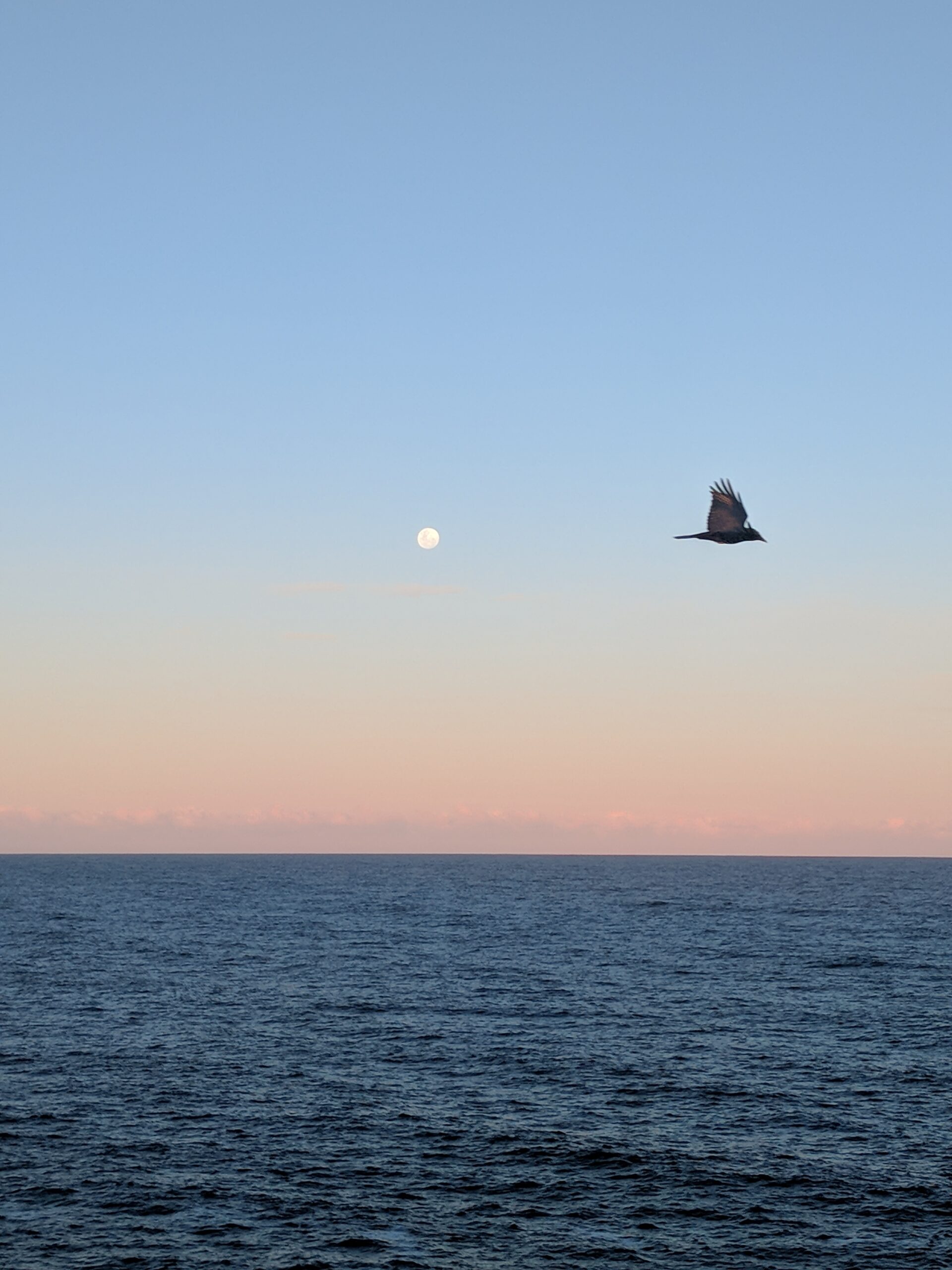

Digital ethics, safeguarding user and data dignity, is the very practice we don’t have enough of, the very concept that isn’t applied enough, the very standard that isn’t adhered to but instead sold out on.
Software and web development used to be a neutral space, but now it is where all the responsibilities lie. Grow up nerds, and look your own realities in the b/eye/te.
Whatever you collect and whatever you publish is also *your* responsibility.
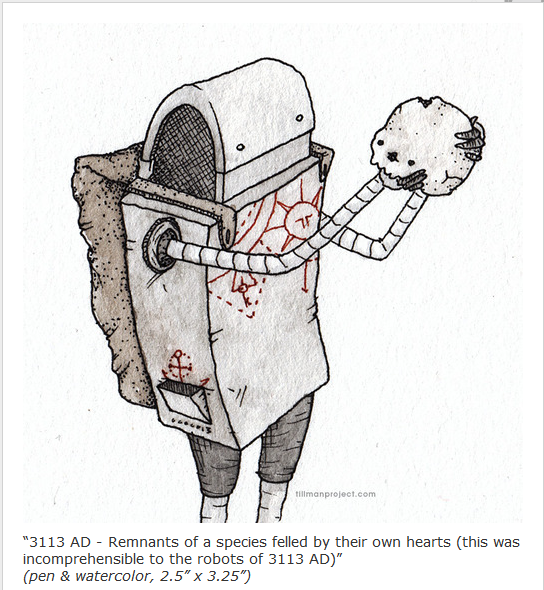
Related: Neveragain.tech – The Tech Pledge
Read more about design that exploits natural cognitive bias and other inclination that sits with UI & UX in this formidable mastery blog…
and more on design ethics: “The Social Dilemma reveals the dark side of persuasive design. So-called dark patterns run rife through social media apps; the previously-mentioned chat bubbles and the ‘pull to refresh feature’ (mirroring a slot machine) are just 2 examples.“
It always was, but now we’re beyond overdue. Keep protesting o/
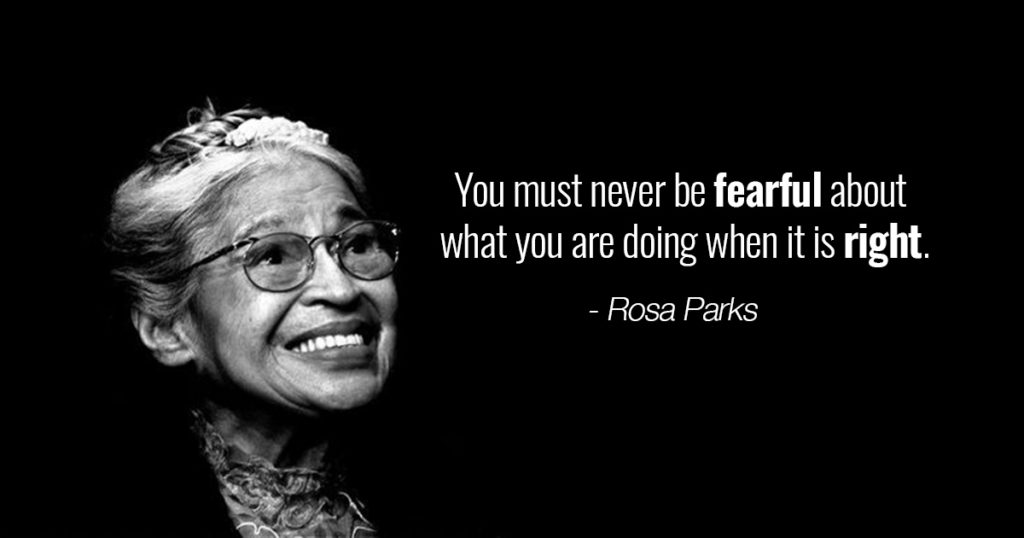
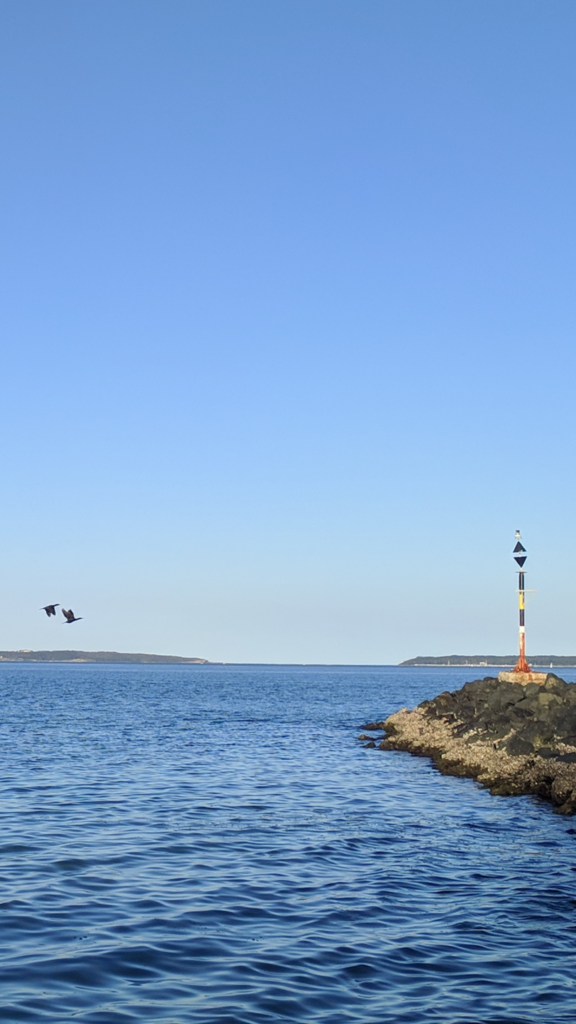

Found this gem during a walk around the neighbour hood
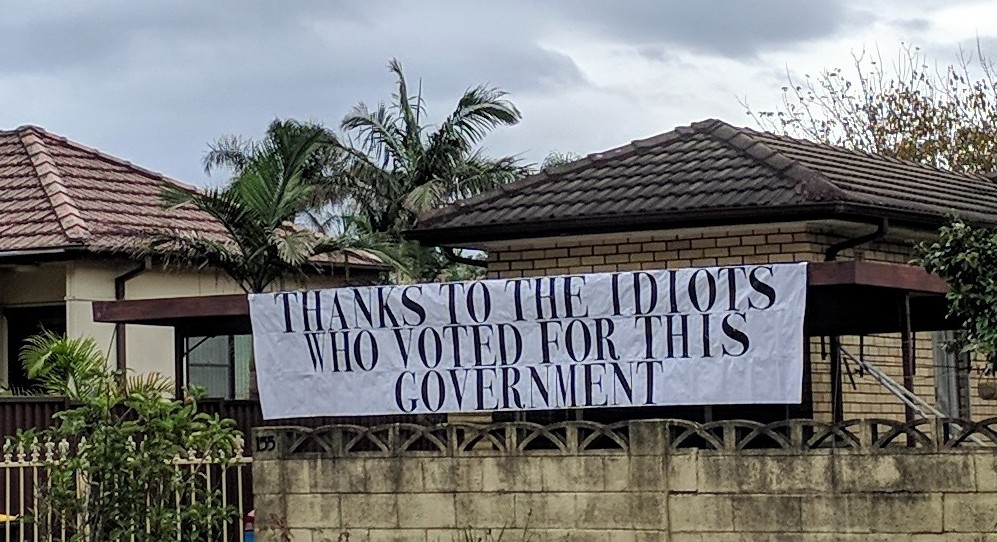
To my country, from an expat – Ben Lawson poem
The mate I live with for the past 20 odd years is of Aboriginal appearance. Or so it seems, according to the many times he was stopped on the streets by police or similar agencies when we lived in Kings Cross and that area.
The even more mind-boggling part to that story is though that, whenever I appeared in the picture (blond white female) (eg. me coming out of a shop where he was waiting outside, or he parked waiting for me, etc.) they would instantly let go of him. Or, and just as instantly, when he opened his mouth and started talking, with his uncanny European accent, being German born yet descendant of a mix of European cultures.
What that taught us early on, when coming to Australia to live here, is how fucked you are when your skin is not as bright shiny white as my cancer ridden freckled shell is…
We have since tried our best to support all Indigenous projects and initiatives we could get involved with. And frankly so should you too, and everyone. There’s just no other way than unconditional support to close this unbelievable societal gap that is so tangible and somehow latently accepted everywhere in Australia.
A sobering yet splendid write up of the current state of affairs
Meanjin.com.au/essays/unearthed by @cityoftongues
“We buy cheap clothes without letting ourselves think too much about the manner of their production, eat meat without thinking too much about where it comes from, catch planes without thinking too hard about the impact of them, or of the materials that went into building the plane, or the road, or of making the power that runs the lights. For those of us in the first world, any reckoning with these questions is likely to be particularly painful, demanding we learn to see the invisible legacies and ongoing trauma of colonialism and exploitation, dispossession and destruction that surround and enmesh us. Seen like this our resistance looks less like moral cupidity or wickedness than self-preservation. As T.S. Eliot recognised almost a century ago, there is only so much reality most of us can bear.
As a result we inhabit a weird duality, a world in which we know but do not know, and where these mechanisms of evasion and denial allow us to avoid staring into the eye of what is coming.
Five million Syrian refugees deranged Europe, a fraction of that has dramatically affected the dynamic of Australian society. What happens when tens of millions head north and south from Indonesia and equatorial or sub-Saharan Africa? When Central America or parts of India become uninhabitable? When Bangladesh and Myanmar flood? What happens when that occurs at the same time food grows scarce, water resources dry up and economic activity contracts to less than nothing as global commerce collapses?
When sea-level rise has swallowed the Sundarbans and made cities such as Kolkata, New York and Bangkok uninhabitable, when readers and museum-goers turn to the art and literature of our time, will they not look, first and most urgently, for traces and portents of the altered world of their inheritance? And when they fail to find them, what can they do other than to conclude that ours was a time when most forms of art and literature were drawn into the modes of concealment that prevented people from recognising the realities of their plight?”
The average Australian’s diet has a water scarcity footprint of 362 litres per day. A water scarcity footprint consists of two elements: the litres of water used, multiplied by a weighting depending on whether water scarcity at the source is higher or lower than the global average.
Foods with some of the highest water scarcity footprints were almonds (3,448 litres/kg), dried apricots (3,363 litres/kg) and breakfast cereal made from puffed rice (1,464 litres/kg).
In contrast, foods with some of the smallest water scarcity footprint included wholemeal bread (11.3 litres/kg), oats (23.4 litres/kg), and soaked chickpeas (5.9 litres/kg).
Of the 9,000 diets studied, 25 per cent of the water scarcity footprint came from discretionary foods and beverages such as cakes, biscuits, sugar-sweetened drinks and alcohol
Food systems account for about 70 per cent of global freshwater use.
Read the whole article here: https://www.abc.net.au/news/2019-10-07/chocolate-wine-food-production-water-use-climate-change/11578608